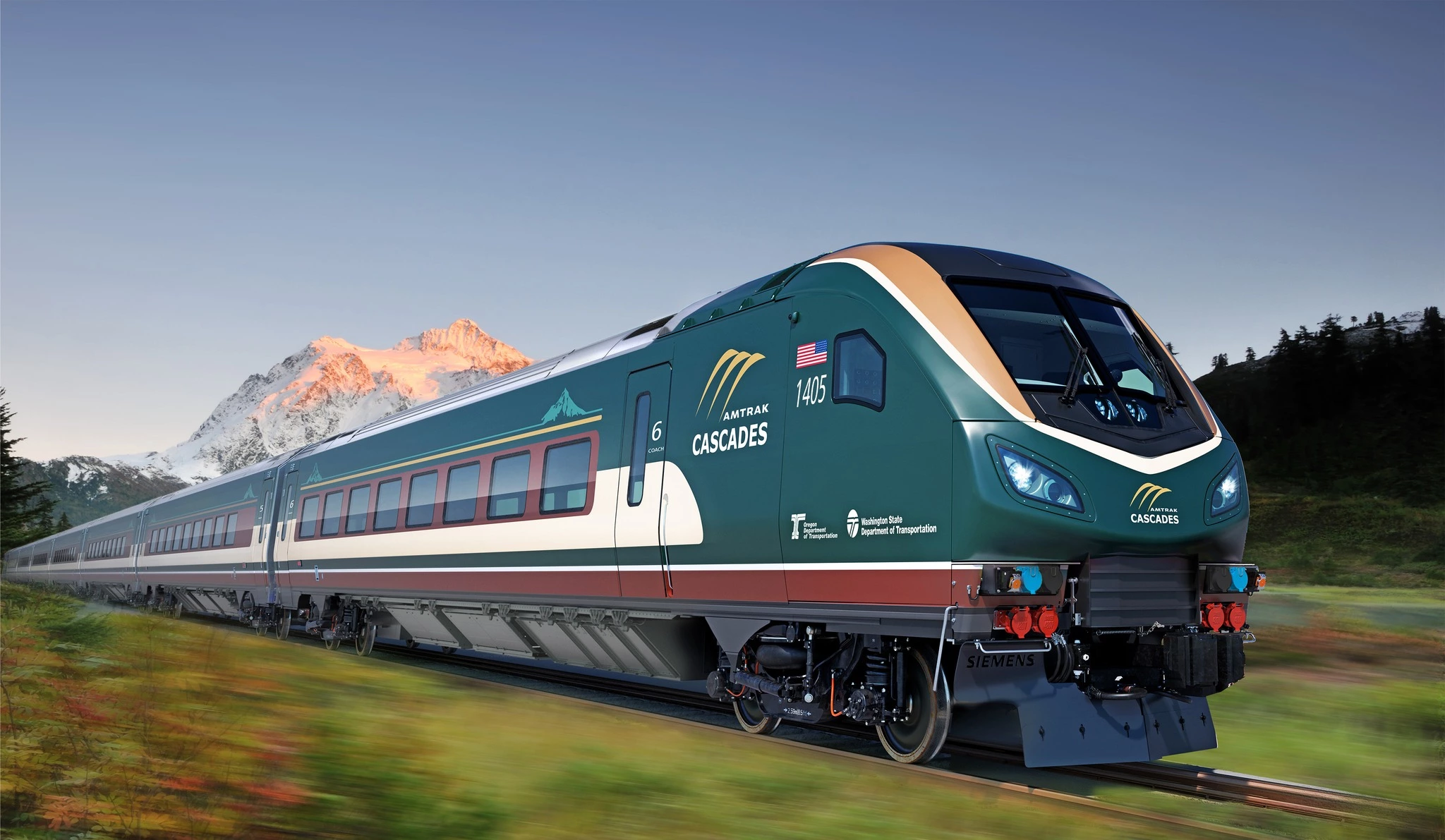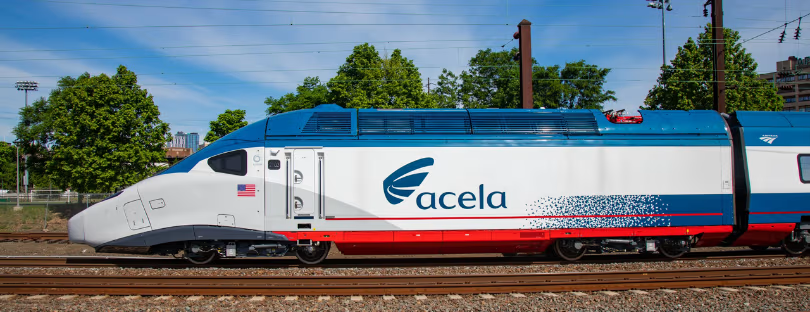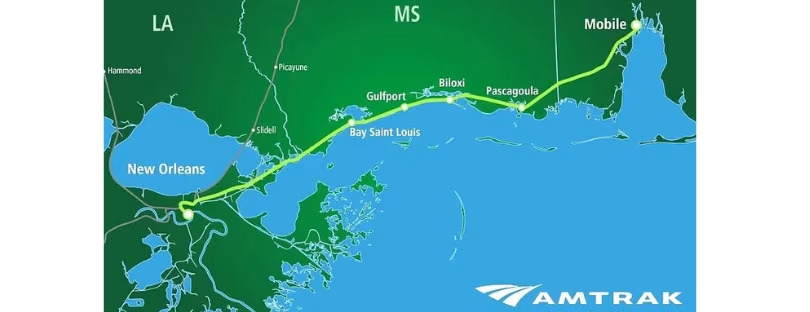
Amtrak moves toward airline-style pricing on its lowest train fares
U.S. passenger railroad Amtrak, following the practice of U.S. airlines, said it would limit refunds and passengers’ ability to make changes to the lowest-price train tickets.
Passengers will no longer be able to make changes or cancel tickets 24 hours after purchase as they can now for the lowest-cost “Saver fares.”
Fee for cancellations or changes within 14 days of departure
For “Value Fares” – Amtrak may charge a fee for cancellations or changes within 14 days of departure, while flexible fares will allow for full refunds and no-fee changes.
A search for a trip between Washington and New York for early April showed saver fares at $54 one-way, a value $98 and flexible tickets $192.
Amtrak spokeswoman Kimberly Woods said, “Current customer behavior limits the company’s ability to forecast demand and optimize seat usage.”
She added that “passenger growth is expected to come both in the form of people who currently find Amtrak fares unattractive for various reasons (advanced purchase requirements, absolute price) or who are highly price sensitive and are willing to exchange some flexibility for an even more attractive fare.”
In November, Amtrak said it had set records for ridership, revenue and financial performance for the year ended Sept. 30, 2019, including 32.5 million customer trips, a year-over-year increase of 800,000 passengers.
Amtrak reported a loss of $29.8 million in its last fiscal year compared with a loss of $170.6 million in the prior fiscal year.
Earlier this month, the White House proposed cutting U.S. funding for Amtrak by more than 50% over 2020 levels. Democrats who control the U.S. House of Representatives are unlikely to go along with the proposal, which is similar to cuts that have been rebuffed in prior budgets proposed by President Donald Trump’s administration.
In March 2018, Amtrak ended its policy of giving full refunds for most tickets and unveiled a 25% cancellation fee for most lower-cost tickets.









